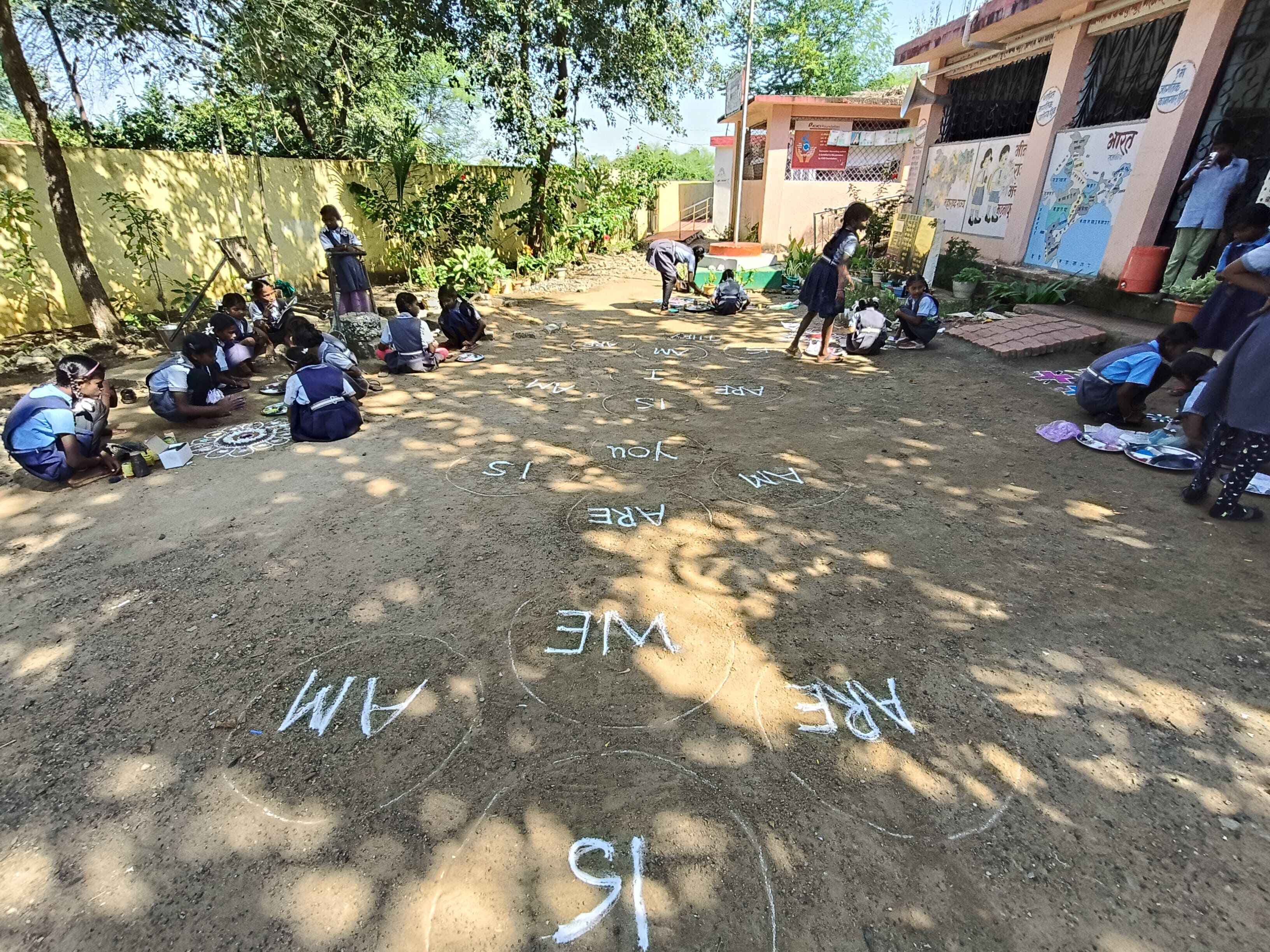The best safari is an ethical one!
Violation of any mentioned rules will
invite legal action and fine.





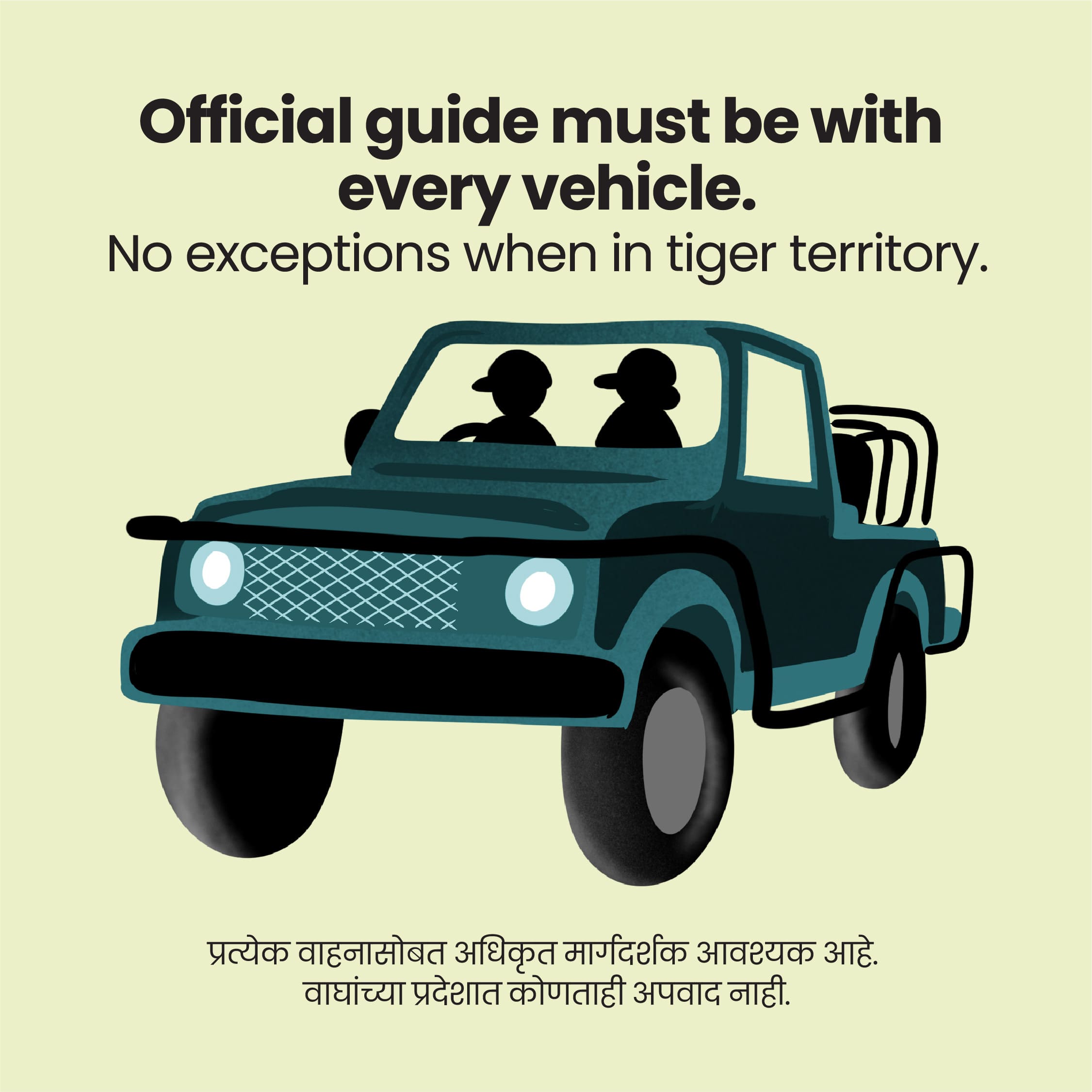
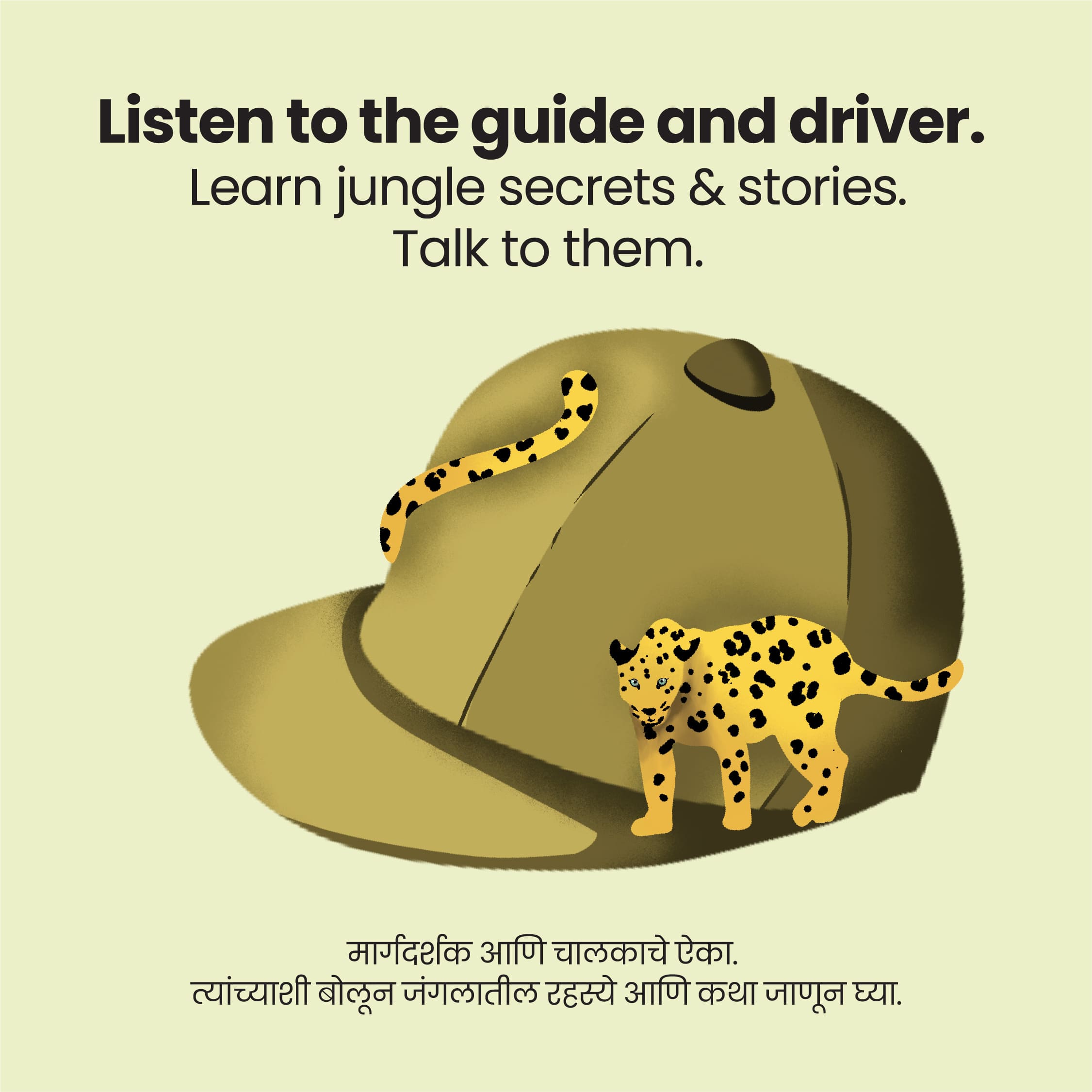

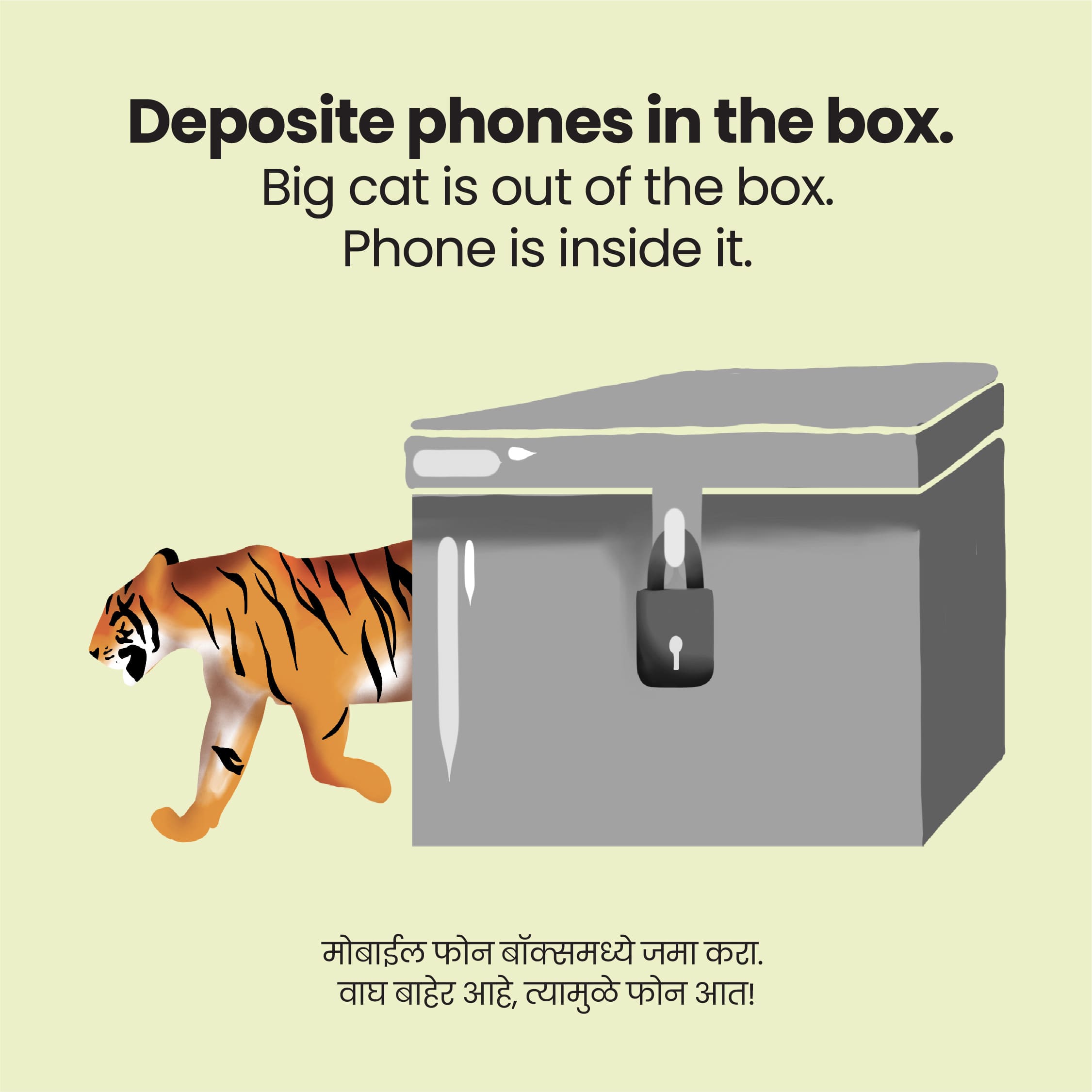





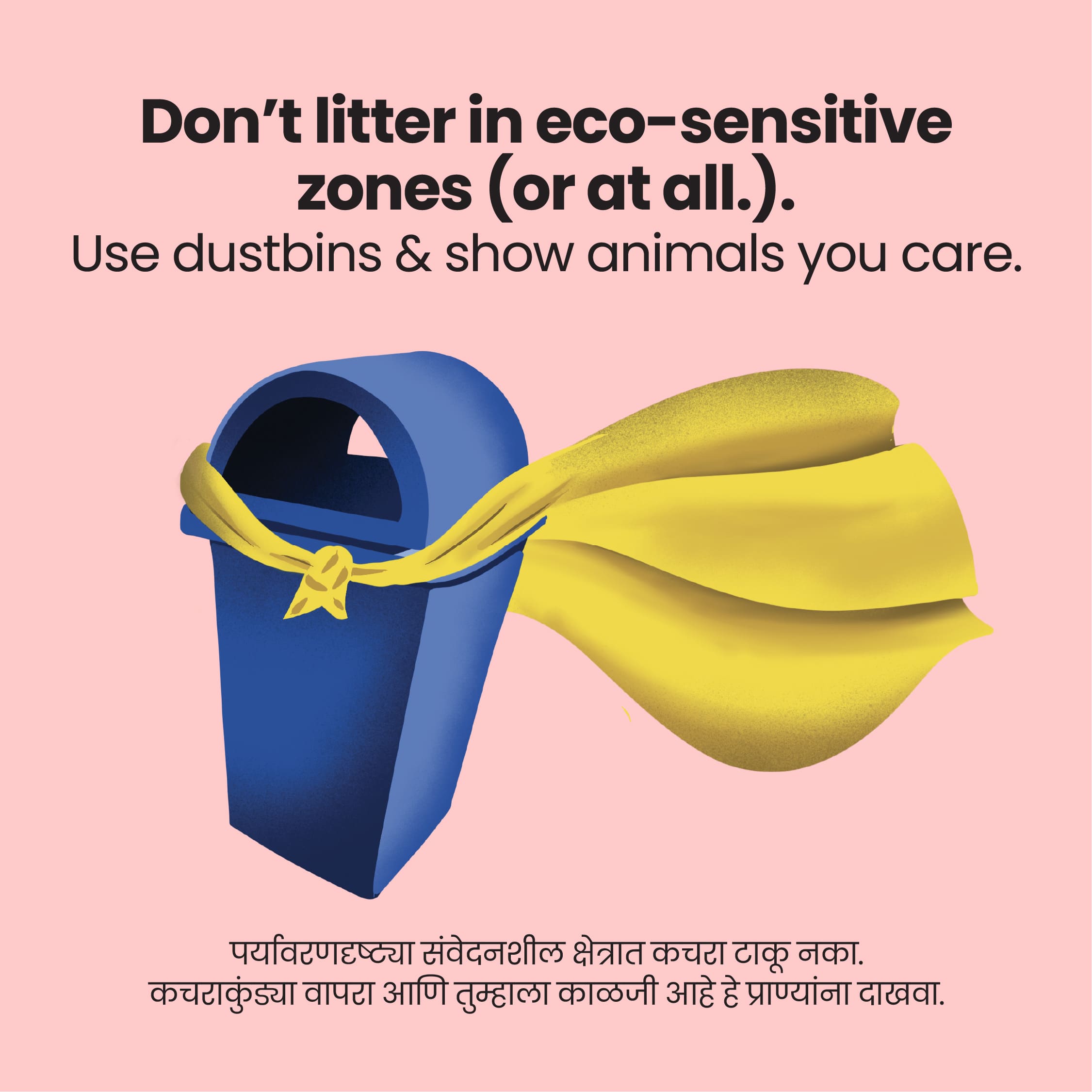





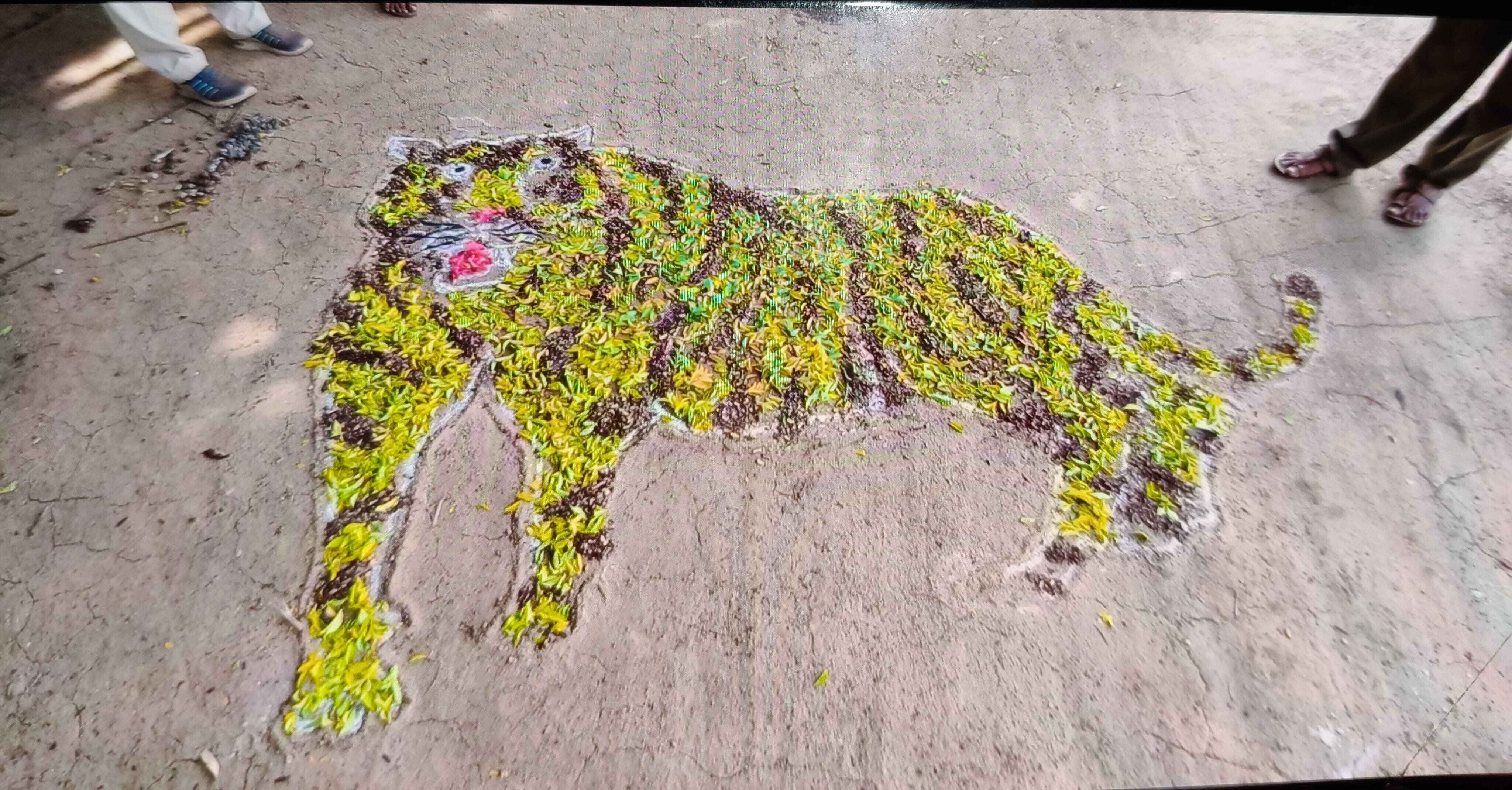
In an age where technological advancements and lunar missions often make headlines, it’s easy to overlook the harsh realities many rural communities in India face. Even after 78 years of independence, numerous villages still grapple with basic infrastructure issues which impede the provision of quality education in these forgotten corners of our country. Witnessing the disparity between our nation’s achievements and the ground realities in rural areas, I embarked on a mission to support less privileged children. After 19 years of fulfilling my corporate career, I resigned and dedicated the rest of my life to community service. In this new journey of self-discovery, I aim to be a catalyst for some positive change, however small, by helping these children with the education they deserve. For the last two years, I have volunteered as a teacher in remote village schools. My journey has led me to places like Turtuk – Ladakh, West Bengal, Arunachal Pradesh, Sharchay (the most secluded village in the Batalic region of Kargil).
For the past three months, I have been closely collaborating with the Zilla Parishad schools in the five villages under the buffer zone of the Tadoba-Andhari Tiger Reserve, Maharashtra, supporting them as an additional resource for teaching English and Mathematics. A big thanks to the generous support of the Tadoba administration for giving me this opportunity. The TATR has many CSR activities to support the local communities that live in and around the tiger reserve. Education programs are one such initiative through which TATR is committed to enhancing the learning environment and the resources for the holistic development of the tribal community children. Last year, TATR donated e-learning materials to about 65 schools in the fringe areas of the reserve.
My experience as a volunteer teacher has reinforced my belief that education is a powerful instrument for personal development and societal progress. Witnessing the positive impact on the local community has been incredibly inspiring and has strengthened my belief in the power of education and community support. Having said that, I also would like to bring to the notice of the people residing in many urban centres of the country, so detached from the plights and struggles of these communities that there are numerous challenges associated with remote schools:
1. Teachers are burdened with additional responsibilities like election duties, census duties, etc. This is directly impacting the teaching quality. Most of the time during the day, students are seen playing and roaming around in or outside the campus because teachers are either busy with non-teaching related work or not present in the school to supervise them.
2. Children are not sent to school due to the intentional decision of many parents. They are sent to earn daily wages by working in the paddy and cotton fields. This is structural discrimination against the children and the parents and lack of motivation. And discipline.
3. Lack of basic infrastructure like classrooms with good lighting, blackboards and lack of access to digital resources and the internet.
4. Lack of necessary community involvement.
5. Lack of basic personal hygiene.
These are a few of the common issues that I have observed so far. This is hindering the quality of education in a big way. In my initial days at Zilla Parishad schools at Madnapur, I was having difficulty bringing the students back to the classroom as they were not used to sitting in the classrooms. Then, I took this as an opportunity to turn their playground into a learning ground and started teaching them through educational games and various activities.
My experiment worked well to some extent. Students who were once shy and hesitant to speak simple sentences like “Good morning!”, “How are you?” Are now confidently saying prayers and taking pledges in English during the morning assembly. Additionally, they are learning to construct simple sentences, give speeches in English, perform skits, and some of them even aspire to join the Indian Army. The Rangoli Competition using available natural material in the campus and a skit performed by the primary school on the importance of Tigers to farmers and brain-storming followed by essay writing about ‘Problems of Our Village and the Solutions’ was well appreciated by the audience and judges. Observing this progress fills me with gratitude, and I am motivated to contribute further to such a meaningful cause.
Deployment of additional resources, creation of community volunteering opportunities by the local Gram Panchayat, and donations of educational resources can help create a conducive learning environment for these less fortunate students. Continued efforts are needed to ensure that students remain in school, which is why local volunteers and their stewardship is crucial.
Hence, I urge people to come forward and support the children in government schools in whatever capacity you can. It can be spending a few hours with these kids on Saturdays and motivating them to think big and dream by sharing your success stories and experiences, teaching them some skills; playing some games to improve their proficiency in literacy and numeracy, etc. Together, we can bridge the gap and ensure that every child in the villages has access to quality education and a hopeful future. Through my endeavours, I have learned that true fulfillment comes not from material wealth but from making a positive impact on the lives of others.
“Let us sacrifice our today so that our children can have a better tomorrow.” – APJ Abdul Kalam
